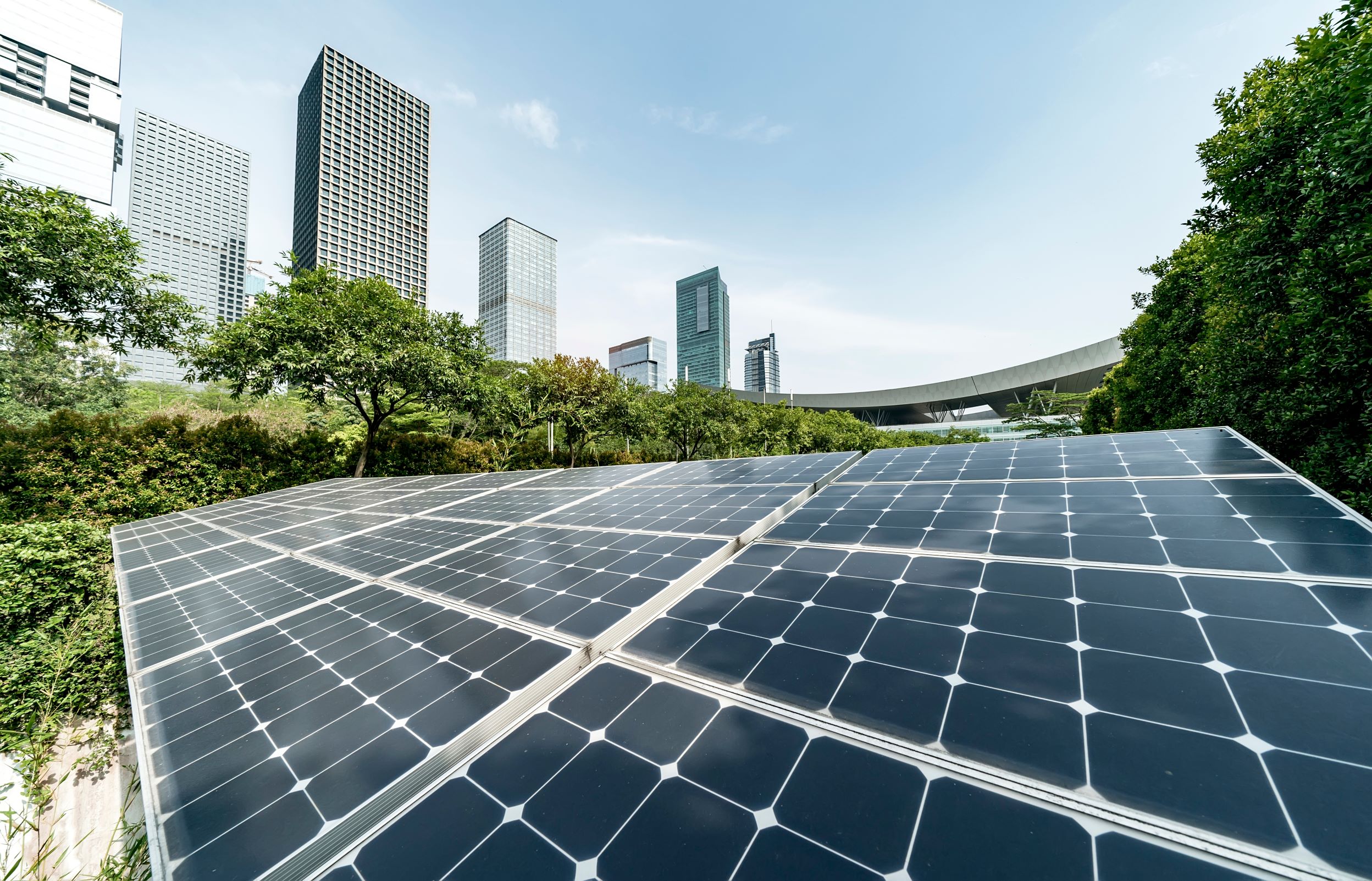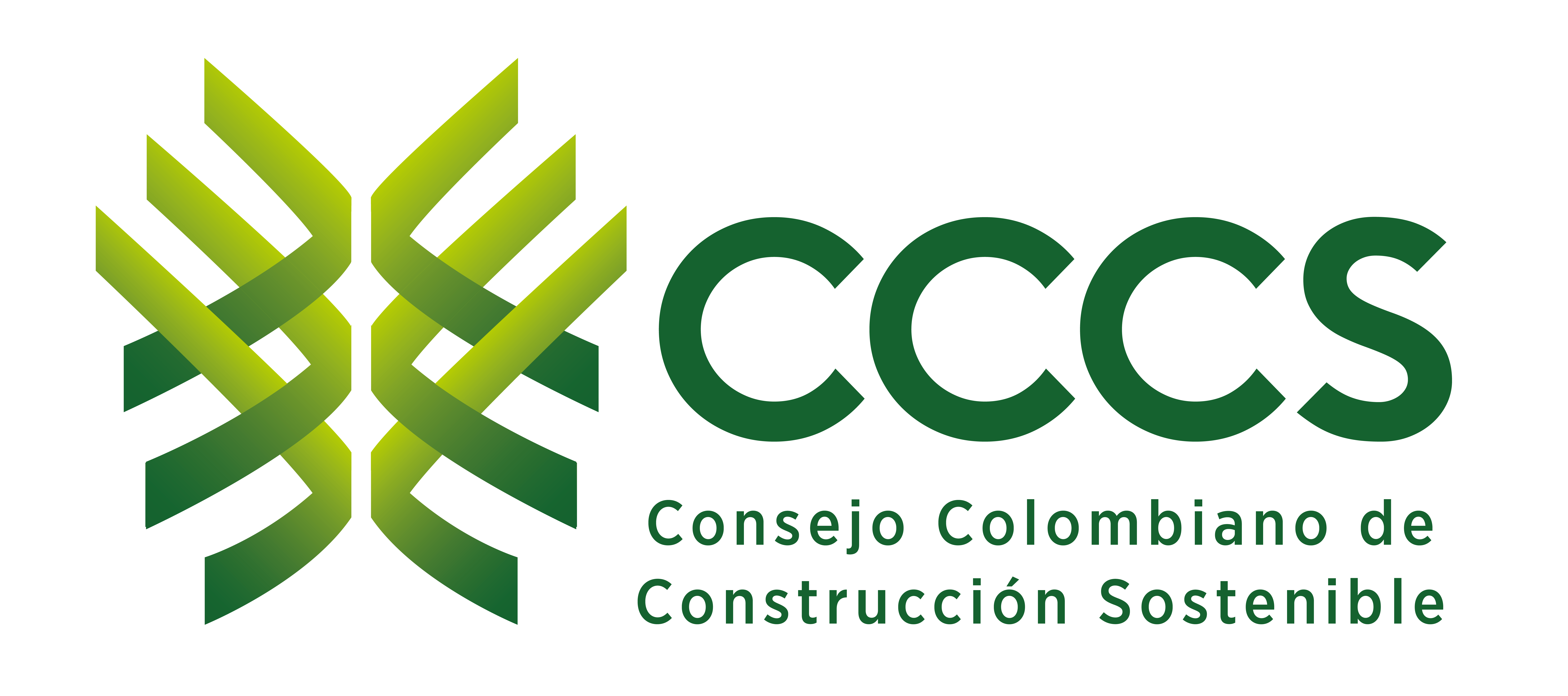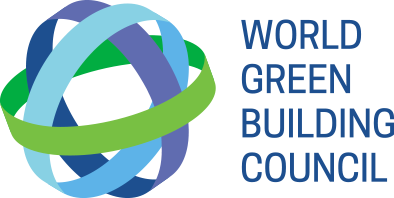Building Efficiency Accelerator

P4G Theme
Renewable Energy
SDG

Status
Completed
Partnership Type
Scale-up
Countries of Operation
Republic of Colombia , Denmark , United Mexican States (Mexico) ,
Supported By
Denmark ,
About
Building Efficiency Accelerator (BEA) aims to accelerate local and regional government implementation of building energy efficiency policies and programs by providing the tools required to design and implement building efficiency measures.
Investing in Impact
P4G provided this partnership with US $600,000 in catalytic grant funding.
The partnership delivered six new energy efficiency policies, codes and/or standards for building in Mexico and Colombia. As a result of their work, 12 new cities joined the BEA platform, with a total of 26 Latin American and 50 global cities and states committed to implementing the framework crafted by BEA. The project involved 19 Green Building Councils, more than 90 government officials actively contributing with cities/states perspectives, and 100+ partners engaged with working groups in each country. The partnership helped train more than 3,000 professionals from multiple sectors and organized 8 regional activities with over 20 cities/states across Latin America.
P4G elevated and accelerated the partnership at the Colombia National Platform launch to achieve tangible successes in Colombia, with three cities – Cali, Monteria and Bogotá joining the BEA platform. As of 2020, new construction in Bogotá adopts the updated energy efficiency building code that requires all new buildings to achieve 20% energy savings and 30% water savings, with Montería and Cali committed to follow. This new policy is projected to reduce emissions by improving the performance of 2.5 million homes that are expected to be built in the next thirty years.
As a result of two pilot projects hosted in the Mexican states of Campeche and Yucatán, 8 cities and states are working with the Cities Climate Action (CCA) Project and BEA platform with the support and leadership of local partners including WRI Mexico and SUMe. Furthermore, the states of Yucatán and Campeche finalized the design parameters, measurements and energy reduction goals of the mandatory Guidelines and Technical Standard for all public buildings which started in 2021.
Beyond P4G funding, BEA plans to support existing commitments; challenge businesses, organizations, cities, states and regions to achieve net zero by 2030; and advocate for all buildings to be net zero carbon in operation by 2050. Cristina Gamboa, CEO of the World Green Building Council, shared BEA’s approach and the need to include housing in net zero building policies at the 2021 P4G Seoul Summit thematic sessions on cities.
Thanks to support from P4G, the WorldGBC Americas Regional Network’s Green Building Councils and partners, we influenced public policies for energy efficiency in new and existing buildings in more than eight countries in Latin America. With COP26 on the horizon, our work with the 12 cities and states to improve building efficiency and develope decarbonisation roadmaps is more urgent than ever.




